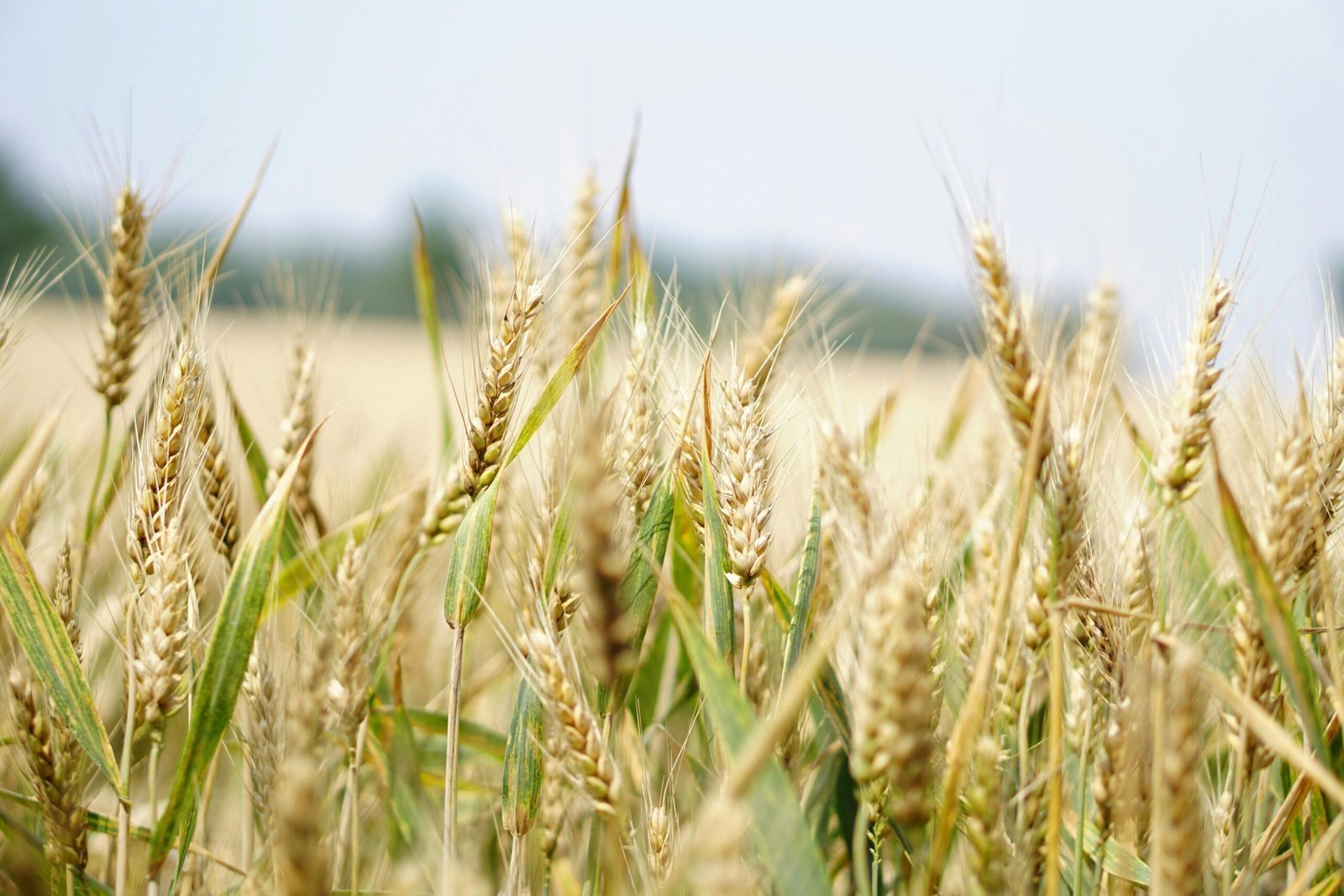
Investing in Food Security to Fill South Africa’s Food Basket
Despite being an emerging market and a middle-income country with an abundant supply of natural resources, South Africa has yet to attain sustainability in its agriculture sector. Climate change is just one of the pressing issues and a threat to food insecurity. Although farmers have long been stewards of the land, their efforts never reach potential because of biodiversity loss, lack of equal access to resources and technologies to boost their productivity, and issues related to finances. Without stakeholders joining hands to resolve such common issues, poverty and struggles of small-scale farmers will continue to persist in the long run.
Embracing Eco-Friendly Practices:
In the face of climate change, eco-friendly practices are crucial to the sustainability of the agriculture sector. Businesses like Mpact, The Joinery, and WakaWaka are leading the charge by offering eco-friendly products and practices. Other agricultural companies such as The Joinery, Tuffy, EcoPack, Old Joe’s Kaia, and Crossways Farm Village are dedicated to eco-friendly operations. These companies are changing the narrative demonstrating the role that agricultural firms have in conserving the environment. Water-efficient irrigation and transitioning to renewable energy sources are also effective approaches to reducing the sector’s environmental footprint while enhancing its resilience to climate change impacts.
Combatting Food Shortage and Wastage:
Efforts to combat food shortage and wastage require collaborative action from all stakeholders. Corporations can make meaningful contributions by investing in initiatives that bolster food security, such as supporting smallholder farmers and improving access to agricultural resources and markets. Other impactful actions include raising awareness about the importance of reducing food wastage and implementing strategies to minimize post-harvest and distribution losses. ReFED, a U.S.-based nonprofit is dedicated to ending food loss and waste by advancing a data-driven solution. Their focus has been on packaging, which often ends up being waste. The kind of packaging used can make it difficult to access content, get damaged or cause food to spoil, or lead someone to buy more than they need. Improving package design diverts more than 1 million tons of food waste and helps the company avoid 6 million metric tons of greenhouse gas emissions yearly. This solution is poised to have a net financial benefit of $4.13 billion
Individual Responsibility:
Although corporations need to be at the forefront of food security, individuals also have a significant role to play. They can support local farmers, reduce food waste at home, and advocate for policies that prioritize these issues. For instance, Grassroots community initiatives like Crossways Village Market and Nature’s Valley Trust contribute to socio-environmental sustainability by working directly with individuals. In the same spirit, corporations need to raise awareness about food security and the role that individuals can play in their own capacity to reduce waste. Through such collective actions and a commitment to responsible stewardship, South Africa can secure a more sustainable and food-secure future.
Harnessing Marketing, Media, and Technology:
Technology can serve as a powerful tool in advancing sustainability initiatives in the agriculture sector. For instance, marketing campaigns are effective tools for raising awareness about the importance of sustainable farming practices and the benefits of supporting local agriculture. Companies can also use social media platforms to share success stories and highlight innovative solutions that promote sustainability and food security. It is also important to encourage the use of technology to optimize agricultural processes, including precision farming techniques and digital platforms that connect farmers with markets and resources. Recently, farmers have started to benefit from AI-enabled early pest- and disease-detection using drone imagery services. The introduction of virtual markets and crowd farming is also transforming the Agri-tech space in South Africa, with a promise for a more sustainable future.
Being one of the key drivers of the economy, the agriculture sector requires support from multiple industries. Promoting eco-friendly practices, investing in food security initiatives, and harnessing the power of technology is a great start to ensuring the sector can fill the country’s food basket. However, a lot more still needs to be done to support local farmers and the sector at large. Getting more corporates involved in such initiatives will be a huge boost in ensuring the sector is sustainable and fueling economic growth.



